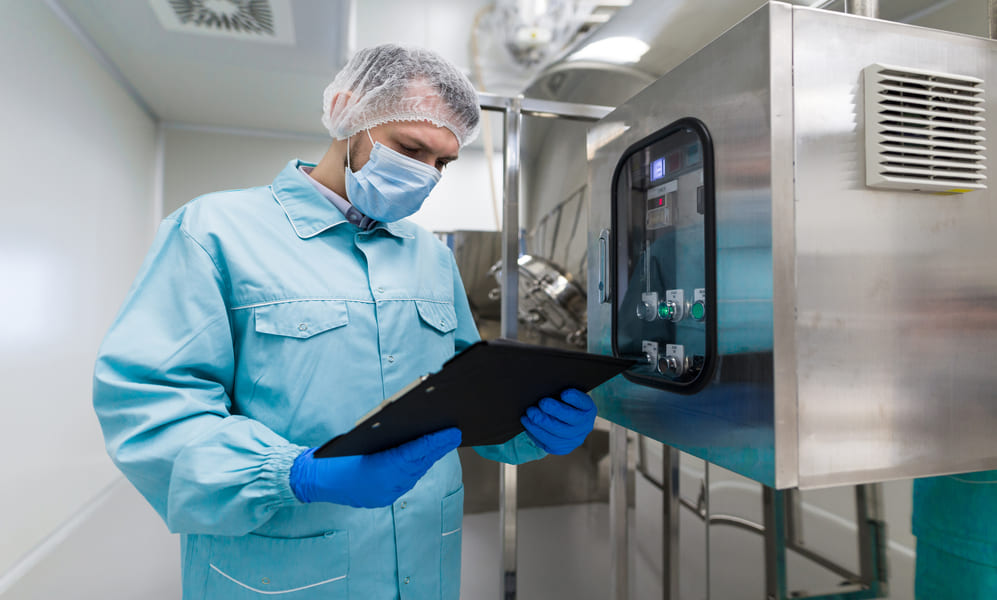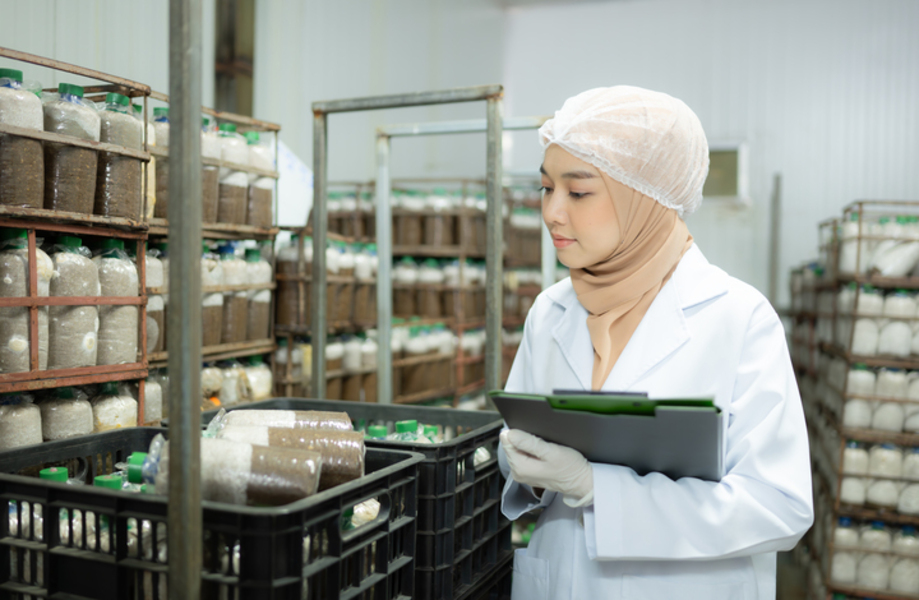
How To Control Food Hazard During Food Processing?
September 27, 2024
Know the Differences & Comparisons between Internal Halal Control System and Halal Assurance System
September 27, 2024Controlling food hazards during processing offers numerous benefits, including:
1. Ensuring Food Safety: By implementing proper control measures, you can reduce the risk of contamination and foodborne illnesses, ensuring that the food products are safe for customer consumption.
2. Protecting Consumer Health: Controlling food hazards helps protect the health and well-being of consumers by minimizing the presence of harmful pathogens, allergens, and contaminants in the food products.
3. Maintaining Quality: By preventing food hazards, you can maintain the quality and integrity of the food products, ensuring that they meet regulatory standards and consumer expectations.
4. Enhancing Reputation: Implementing effective food safety measures demonstrates your commitment to producing safe and high-quality products, enhancing your reputation among consumers, regulatory authorities, and stakeholders.
5. Compliance with Regulations: Controlling food hazards during processing helps you comply with food safety regulations and standards, reducing the risk of regulatory violations and potential legal consequences.
6. Minimizing Product Recalls: By proactively addressing food hazards, you can reduce the likelihood of product recalls due to contamination or safety issues, saving costs and preserving brand reputation.
7. Improving Efficiency: Implementing food safety practices can streamline production processes, reduce waste, and improve overall operational efficiency.
Overall, controlling food hazards during processing is essential for ensuring food safety, protecting consumer health, maintaining quality, and achieving regulatory compliance. It also contributes to building trust with consumers and stakeholders, ultimately benefiting your business in the long run.





